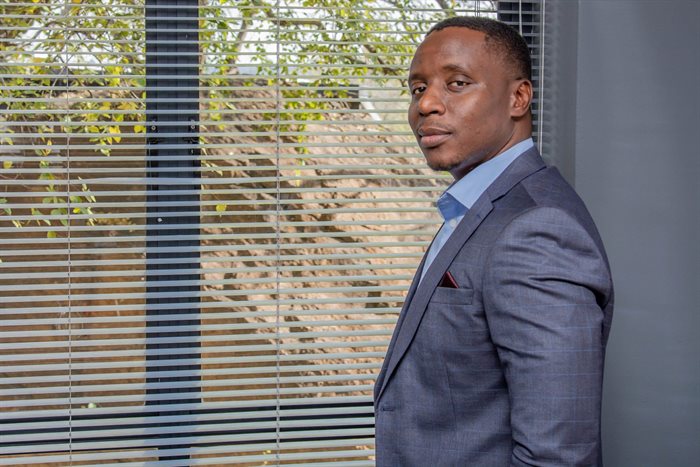
Top stories






More news














South Africa’s engineering sector, though hard hit by the pandemic, is poised to contribute – in physical and economic ways – to the country’s reconstruction and recovery. Here’s how we can make this contribution matter.
For some time, many of South Africa’s largest industries have been preoccupied with brownfields projects. Greenfields projects remain scarce as companies defer large capital expenditure. Macro and micro-economic circumstances have not been conducive to establishing new assets, and businesses have been forced to focus on improving, maintaining and optimising their current stables.
A telling feature of most brownfields projects is that, during site implementation, stoppages and shutdowns are rarely an option. Operations have to continue on an ongoing basis, despite essential work and maintenance being performed. The only way for this to happen is for service providers such as Leoka Engineering to prioritise working smarter and more innovatively to meet a variety of competing objectives.
This is directly related to point one above.
The time for outdated and unreliable technological systems and processes is through. And businesses that insist on using them are sure to be left behind. Now more than ever, we need to make use of the technology available to us – technology that guarantees people’s safety, enhances production, cuts down on inefficiencies, and reduces costs.
In our industry, some of the most impressive advances sit in the laser scanning, 3D rendering and business information management (BIM) space.
Using advanced and sometimes relatively unknown tools, however, requires client buy-in, which isn’t always easy to secure. Getting to the point where a client trusts you enough to see the advantages of introducing a seemingly complex new form of technology requires certain skills, communication and strong interpersonal relationships among them.
These were once referred to as “soft skills”. Communication. Adaptability. Problem-solving. Creativity. But the implication in calling them “soft” is that they’re somehow inferior to the “harder”, more “technical” skills that any profession requires. This is no longer the case. Communication and interpersonal skills are no longer nice-to-haves. Instead, they’re business-critical power skills.
Everyone has a job to do. An operations manager has targets they’re required to meet. A safety officer is responsible for ensuring that their team returns home safely at the end of every day.
As specialist consultants, we know that we have to be aware of and respect these KPIs. We have to treat them all equally, with the same amount of recognition and respect. And at the same time, we have to meet our own, performing our obligations accurately, on time and in budget.
As South Africa slowly starts to emerge from the grip of Covid-19, acquiring and retaining talent in the engineering sector has become more competitive than ever before. Projects that were put on pause for the better part of two years are back online, and there is a frenzy for the people who can make them happen.
For us, keeping people happy and loyal comes down to training, development and general wellness. We know that we have a responsibility to nurture their interests and abilities, and to improve their skill sets. At the same time, we’re looking to the youth. While we will always value experience among our team, we acknowledge that today’s engineers are learning in a less siloed, more technologically integrated industry. They will come to us with the skills of the future.
Of course, this future is different to what we might have anticipated had we looked into a crystal ball several years ago. Now, we’re not so confident about making predictions anymore. But we know this: we need to continue to work better, smarter and more creatively if we’re going to recover from what has passed and build a more resilient future going forward. In many ways, it is a time of great opportunity.